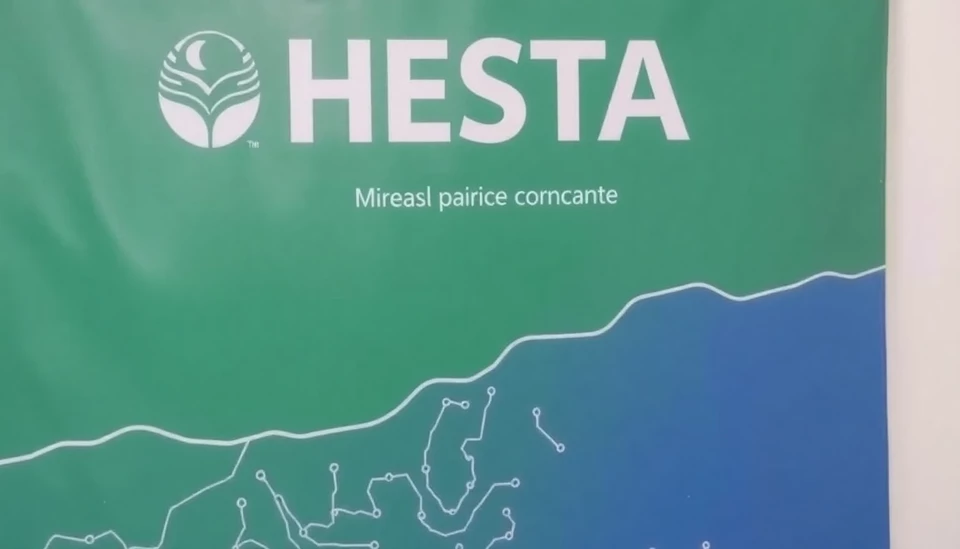
In a notable development within the Australian investment landscape, HESTA, one of the country's largest pension funds, has ramped up its efforts to influence the governance of Mineral Resources Limited (MRL). The superannuation fund, which primarily caters to workers in the health and community services sectors, is advocating for enhanced board diversity and accountable representation within MRL's leadership.
This push follows HESTA’s ongoing focus on sustainability and corporate governance, emphasizing the importance of not only climate resilience but also social responsibility in corporate decision-making. The fund, which oversees approximately $65 billion in assets, believes that effective governance is linked directly to long-term financial performance. As such, it is pressing for a substantial change in the composition of MRL’s board to reflect a broader range of perspectives and expertise.
HESTA’s concerns stem from its responsibilities as a fiduciary to its members, compelling it to ensure that the companies in which it invests not only act in their interests but also maintain high standards of ethical conduct. This increased scrutiny aligns with a broader shift in the investment community, wherein stakeholders are increasingly demanding transparency and accountability regarding how corporations operate and make decisions that may affect their financial future and societal impact.
As a significant investor in MRL, HESTA has a vested interest in the strategic directions taken by the mining company, especially in light of growing concerns around environmental sustainability and social responsibility. The call for bolstered board representation aligns with a growing trend among institutional investors advocating for diversity as a driver of better decision-making and risk management.
Critics of Mineral Resources have pointed out a historical lack of gender and ethnic diversity within its boardroom, suggesting that this homogeneity could stifle innovation and the ability to respond to the evolving demands of global markets. In response to HESTA's call to action, there are palpable tensions as MRL's board must now contemplate the implications of potential changes, all while handling its operational challenges and fulfilling expectations of shareholders-including both short-term performance and long-term sustainability commitments.
The stakes are particularly high for MRL as it navigates the pressing need to demonstrate its commitment to responsible business practices in an era where public scrutiny on corporate governance is at an all-time high. For HESTA, this initiative is part of a wider commitment to ensure their investments not only yield financial returns but also contribute positively to social and environmental outcomes.
As the discussions continue, the outcome will be closely monitored not just by HESTA and MRL stakeholders, but also by other institutional investors observing how corporate governance issues evolve in response to increasing investor activism. This situation underscores a significant shift in the relationships between investors and corporations, emphasizing a future where governance dynamics play a pivotal role in investment strategies and corporate practices.
In conclusion, HESTA's escalated efforts serve as a critical reminder of the growing intersection between investment, ethics, and corporate responsibility, highlighting a trend that is likely to shape the future of corporate governance in Australia and beyond.
#HESTA #MineralResources #CorporateGovernance #Sustainability #BoardDiversity
Author: Samuel Brooks




